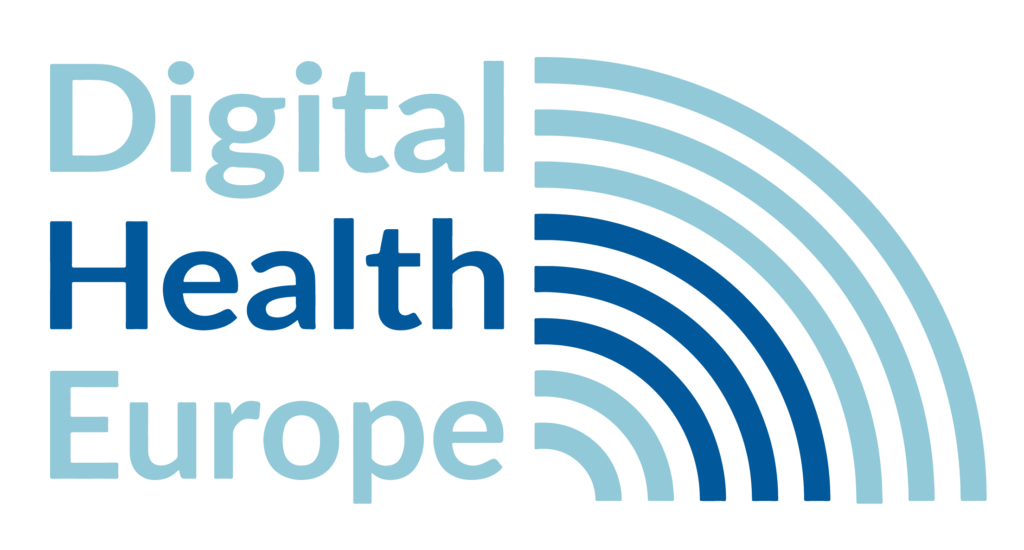How international exchange and pooling of data improves research in colorectal cancer and capsule endoscopy, as well as digital solutions and eHealth infrastructures for the benefit of patients.
The DigitalHealthEurope (DHE) twinning CCEResearchInfrastructure has demonstrated great success due to the twinning partners’ shared goal of improving the evidence base and understanding of the use of Colon Capsule Endoscopy (CCE). Thanks to the twinning, which is built on a longstanding collaboration between Odense University Hospital, Denmark (twinning originator) and Scotland’s Digital Health and Care Institute (DHI) and NHS Highland (twinning adopters), both clinical units have now established CCE diagnostic services, which have much experience to share.
The twinning evolved around a full adoption of the originator’s research infrastructure with a focus on both knowledge transfer and the practical aspects of establishing data sharing between the two countries. To facilitate ongoing knowledge exchange from the CCE trials, it was decided to create a collaborative database with images and videos as well as pathology results from both the Danish and Scottish trials. As a result, a comprehensive research infrastructure has been established to handle the large amount of data generated by capsule endoscopy. Furthermore, the researchers have designed and established the coupling of obtained data pool and database to other national registries and databases. This way, CCEResearchInfrastructure represents novel research with strong clinical applicability and academic value.
According to the partners, introducing machine learning algorithms to the twinning will enable medical personnel to get an accurate diagnostic profile. Researchers at the University of Southern Denmark have already developed algorithms to reduce the labour involved in reviewing video recordings and at the same time ensure high-quality research. For Artificial Intelligence (AI) to be fully functional and implementable, a large volume of video recordings with significant findings is needed, so collaboration between multiple sites, as has been done in this twinning, is vital.
Currently, the twinning partners are one of the few expert groups actively engaging in generating both evidence and data pools in the limited community working with CCE research. Thus, the outcome of the project allows the creation of Europe’s first database of colon capsule endoscopy videos with the possibility of implementing AI for automatic detection, localisation and characterisation of polyps on CCE videos. Furthermore, as a result of the twinning, both partners have initiated a joint quality programme to control the quality of services delivered by external partners.
By pooling CCE data across borders, experts from Denmark and Scotland not only provide a greater amount of data in a field with limited evidence, but they also ensure consistency in data collection so that the data is of higher quality and suitable for different research purposes across research teams.
Although the twinning project is completed, it has provided the impetus for a long-term clinical and scientific collaboration.
